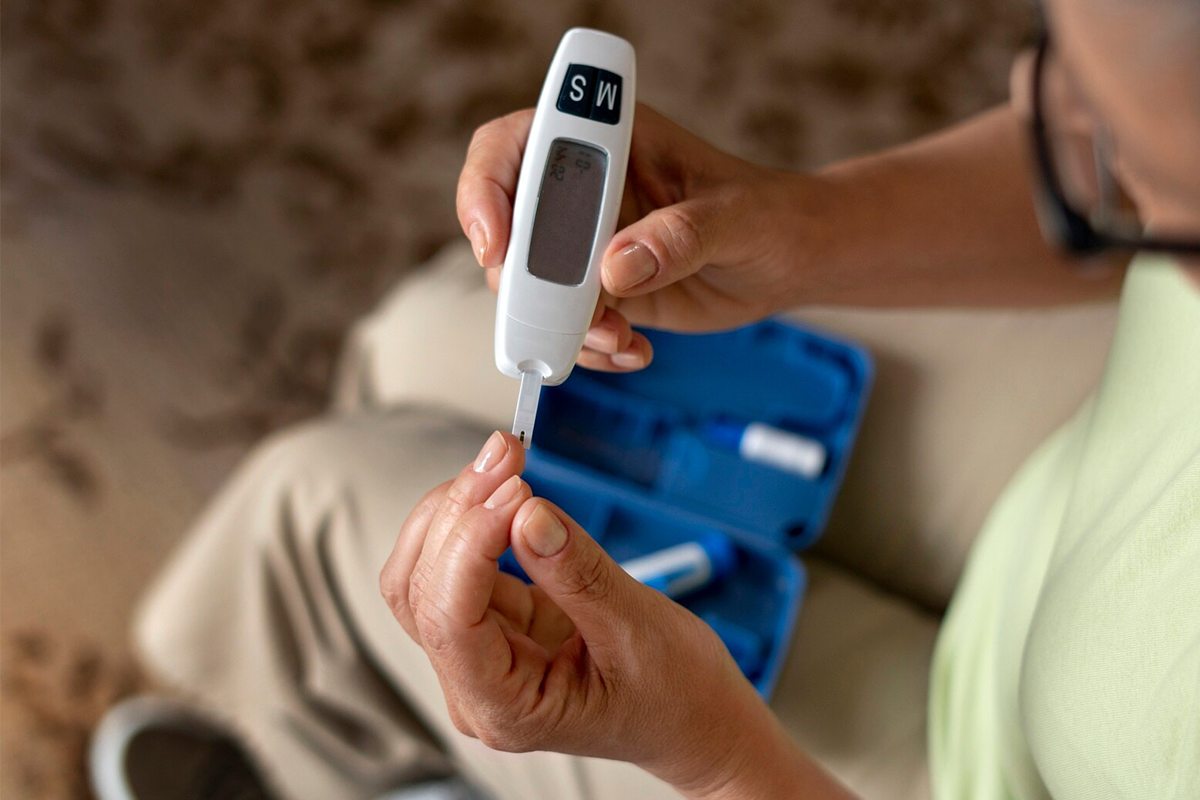Blood Sugar, Hormones and Endometriosis: What You Need to Know

Endometriosis affects an estimated 1 in 7 women, yet it remains underdiagnosed and deeply misunderstood. If you’re living with endometriosis, you know it’s far more than “just bad periods.” It’s a chronic inflammatory condition that can impact your hormones, fertility, energy, digestion, and quality of life in ways that are often invisible to others.
What many people don’t realise is that blood sugar and hormonal balance play a meaningful role in how endometriosis behaves in the body. By gently supporting your metabolism and maintaining stable blood sugar levels, you may be able to ease some symptoms and regain a greater sense of control over your well-being.
Let’s explore the connection between blood sugar, hormones, and endometriosis, and some practical ways to support your body with care and compassion.
Understanding Endometriosis
The Link Between Blood Sugar and Hormones

Why Does This Matter for Endometriosis?

How to Support Blood Sugar and Hormone Balance with Endometriosis

